The technology center that contributes to the integral development of the forestry sector by promoting sustainability, innovation and research in all productive areas.
CESEFOR is a technology-based foundation whose activity consists of research, design, development and commercialization of innovative solutions for the forestry sector.
The combination of research, science and technology, together with the commitment to serve the rural environment, allows us to be a solid option in the market, providing innovative, effective and efficient products that are environmentally friendly, maximize the profitability of investments and favor compliance with applicable standards and legislative restrictions.
CESEFOR is convinced of the key role of the forestry sector in the new bioeconomy and circular economy strategies. It leads the continuous development of new products and solutions for the management and use of forest resources.
Equipment and laboratory
CESEFOR has a workshop-laboratory whose work is focused on research, development and innovation R+D+i in processes and new technological wood products to offer solutions such as:
- Prototyping and development of technological products in wood.
- Mechanical tests on product performance, such as strength, elasticity, humidity, bonding or joints, among others.
- Compliance with European regulations regarding manufacturing requirements for placing on the market.
This service is provided both for our own projects and for external companies in the province of Soria, Castilla y León and other autonomous communities.
The equipment of the wood products testing laboratory, for the determination of physico-mechanical properties of engineered wood products and evaluation of the behavior of wood structures, consists of the following equipment: Workshop equipment with the capacity to manufacture engineered wood products, such as glulam beams, cross-laminated timber panels, particle boards, etc.
CESEFOR has commercial and open source software to work with Geographic Information Systems (ArcGIS and QGIS).
Biotechnology, key to the competitiveness of the forestry sector and improvement of the bioeconomy in Castilla y León
Biotechnology applied to forestry offers opportunities for genetic conservation and for increasing the production of timber and other forest products by applying a cautious approach that examines, on a case-by-case basis, the integration of these new tools into long-term conservation and improvement programs.
Since 2022 Inbiotec has been part of the structure of the CESEFOR Foundation, to which it has been incorporated as the Biotechnology Area, in which they work applying microbiology technologies, molecular biology techniques and analytical techniques.
Lines of work and projects
The center carries out actions in seven lines of action.
Vertebration and cooperation
It cooperates with other entities contributing to facilitate the activity of those who live in rural areas and contribute to its conservation with projects such as ROSEWOOD4.0 for networking for the sustainable mobilization of wood in Europe, or EU4Shepherds, which offers innovative training for sustainable shepherds .
Timber and construction industry
It performs quality controls of wood in construction, industry and rehabilitation; advises on the calculation of structures and carries out the implementation of CE marking and chain of custody, among other quality seals.
It also develops projects such as BeonNat Bioproducts from marginal lands, or EGURALT for the promotion of high-rise wood construction, among others.
Biodiversity and conservation
Research for the management and conservation of habitats of endangered species (either flora or fauna) and in mitigating human intervention and interaction when multifunctional use is made of natural spaces or periurban spaces recovered for the enjoyment of citizens.
Within this line of work are the LIFE Baccata projects to conserve and restore the yew forests of the Cantabrian Mountains, or LIFE ALNUS TAEJO, which works for the conservation and restoration of the priority habitats of residual alluvial forests in the west of the international basin of the Tagus.
Valorization of non-timber forest products
It studies product chains, which allows them to address the integrated use of forests, propose improvements in the management and valorization of these resources, and offer tools to ensure their traceability.
In this field, it has developed projects such as PINEA, focused on improving the use of stone pine to increase pine nut production and protect it from biological threats, or INCREDIBLE, which has created innovation networks for non-timber forest products in the Mediterranean area.
Forestry and natural resources management
It proposes solutions aimed at a sustainable use of forest resources compatible with the development of its environment. The results obtained are based on the methodical collection and rigorous analysis of the information obtained in different activities of the forestry sector and the natural environment.
Some projects in this line are ResinApp, for the digitalization of natural resin collection processes in the field and transactions between industry and resin producer, or SISREP, an Inspection Information System for agricultural land reforestation subsidies.
Climate change
It acts to make forests and forest products not only a valuable source of economic resources and employment in rural areas, but also the backbone of a green bioeconomy.
Some of the projects in this line of work are LIFE+ Soria ForestAdapt, which researches to create an extrapolable model to achieve sustainable adaptation of forests to climate change, or CLIMA projects to reduce FES-CO2 emissions.
Fires and other forest damage
It is committed to establishing supranational alliances and collaboration protocols to combat environmental threats: fires, pests, soil destruction, GHG emissions, etc.
Within this field, it has developed INTERFAZ, which addresses the integrated management of the forest-urban interface for the mitigation of disturbances and the enhancement of its ecosystem services, or Montclima, an Interreg SUDOE project that has established a transnational strategy for the prevention and management of natural risks in mountain areas.
The CESEFOR Technological Center works to improve the forestry sector, through projects in innovation and structuring in order to promote the growth of the forest bioeconomy and the future of the rural environment.
NODDO: The Network of Technological Centers of reference in Castilla y León
From the Network of Technology Centers interdisciplinary work in an integrated manner, covering all technical disciplines. technical disciplines and finding innovative solutions in all parts of the processes.
If you want us to help you to empower your company and to find innovative technological solutions for your processes, do not hesitate to contact us at Noddo.
Follow us on LinkedIn and Twitter or sign up for our Newsletter to stay up to date with the latest news on the Web.







